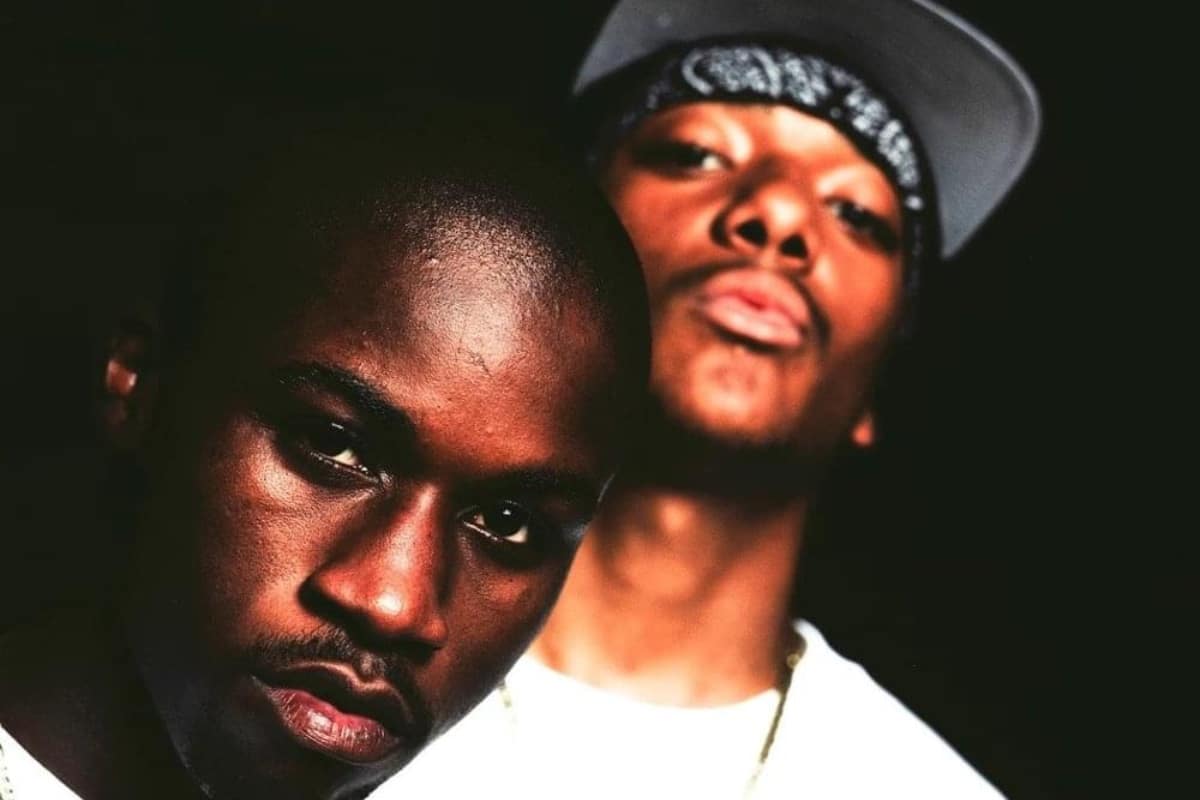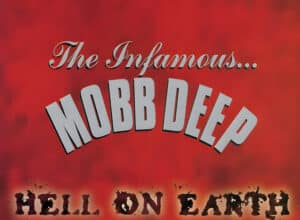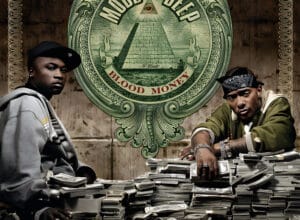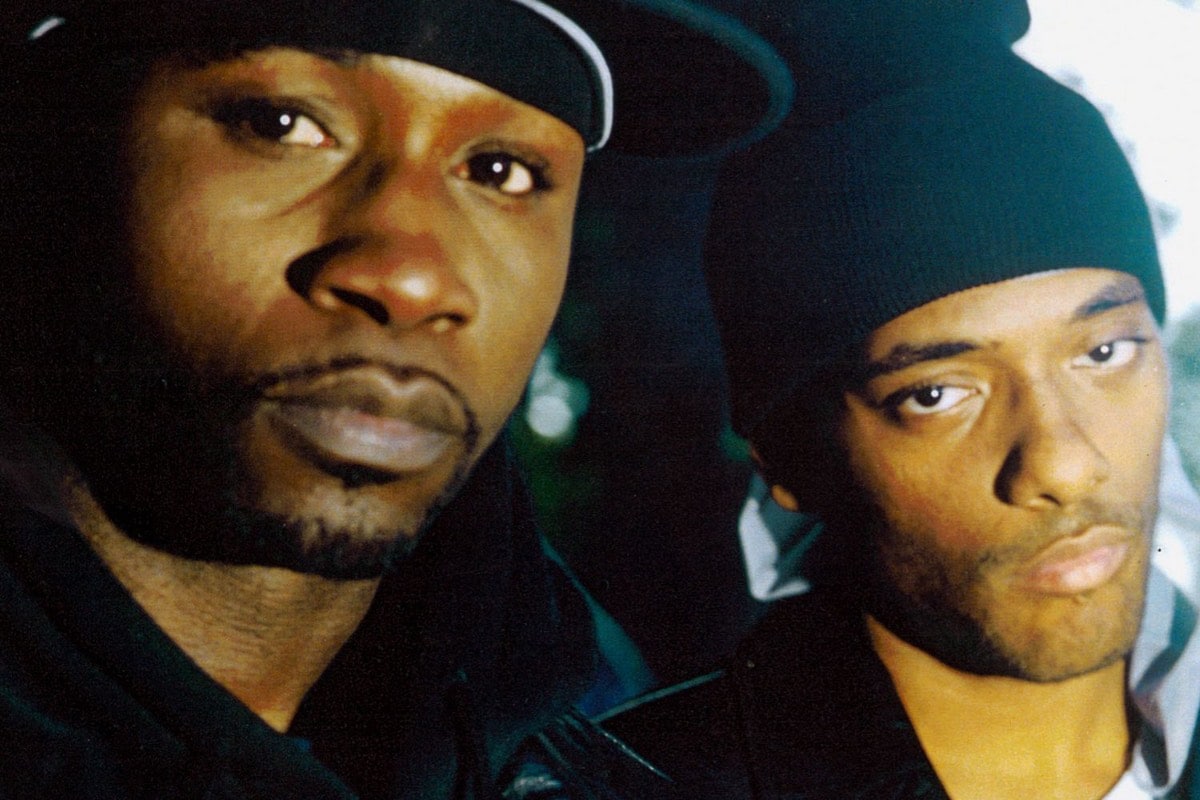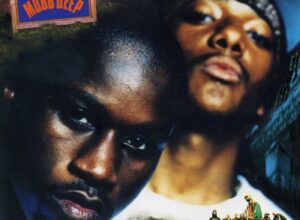Released: 1996
When Mobb Deep dropped “Hell on Earth (Front Lines),” it was a manifestation of the gritty, raw, and fierce energy that defined 90s East Coast hip-hop. In essence, the song is a dark chronicle of life in the projects, a brutal war-zone where survival is the only rule. The lyrics speak on violence, loyalty, street politics, and an unwavering commitment to their roots – the Queensbridge projects (QBC), the largest public housing development in North America.
The hook of the song presents a chilling declaration – “It’s Hell on Earth, whose necks are gonna be first? The projects is front line and the enemy is one-time.” Here, Mobb Deep compares their hood to a battlefield, with the enemy being “one-time,” a slang term for the police. There’s no room for ambiguity; life in the projects is likened to living in an unending war, and nobody’s safe.
Digging into the first verse, Prodigy kicks off the savagery with lines that depict a life of ‘jux’ (robberies), gunfights and ‘niggas poppin’ shit’ (people talking trash). It’s a dog-eat-dog world, and there’s no time for patience or complication. And for those who come at them, Prodigy warns of a brutal response – from a gun to the head that travels all the way down to the leg.
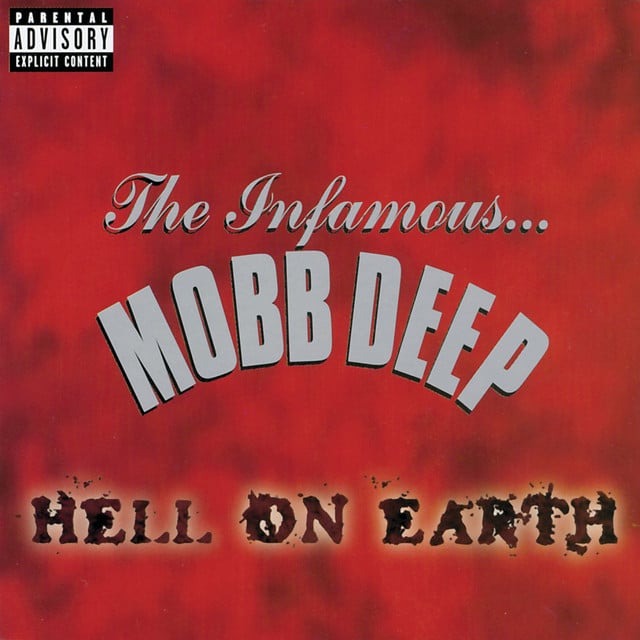
Havoc takes the second verse and ups the ante, laying down the Mobb’s code of conduct. Trust is minimal in this environment – people talk like “bitches”, snitching and photo-identifying enemies. But adversity only makes the Mobb stronger, pushes them harder in their pursuit of ‘cheddar’ (money).
Moreover, the verse drops a line that encapsulates their philosophy: “Bacardi mix physically fix / Hit you with shit that’ll leave a loose nigga stiff”. It’s a reference to their gritty street life mixed with the added fierceness of liquor, a combo potent enough to leave the weak (“loose”) immobile.
In the third verse, Prodigy, the self-proclaimed ‘Phantom of Crime Rap’, emerges again, portraying his persona as a ruthless, calculating figure who leaves adversaries ‘stranded’. Mobb Deep’s operation is akin to that of special forces, moving with precision and leaving devastation in their path. Nothing goes to waste, every shot finds its mark.
The fourth verse extends the themes of the third. Prodigy speaks on the threats that they face from rival thugs, stating that any attempt to rob the Mobb would result in a heavy retaliation. The verse ends with P declaring his sickness – not a physical ailment, but a metaphorical disease that reflects the grim and uncompromising nature of the world he inhabits.
To sum it up, “Hell on Earth (Front Lines)” isn’t just a song; it’s a rugged testament to the life Mobb Deep lived, as well as an ode to their stomping ground, Queensbridge. It underscores their survivalist ethos, shying away from sugar-coating their experiences. This forms an essential piece of the mosaic that is ’90s hip-hop, a period that stands out for its raw realism, and Mobb Deep were among its prime architects. The pain, struggle, and fortitude expressed in this track continue to resonate, making it not just a classic hip-hop narrative, but a piece of socio-cultural commentary.
